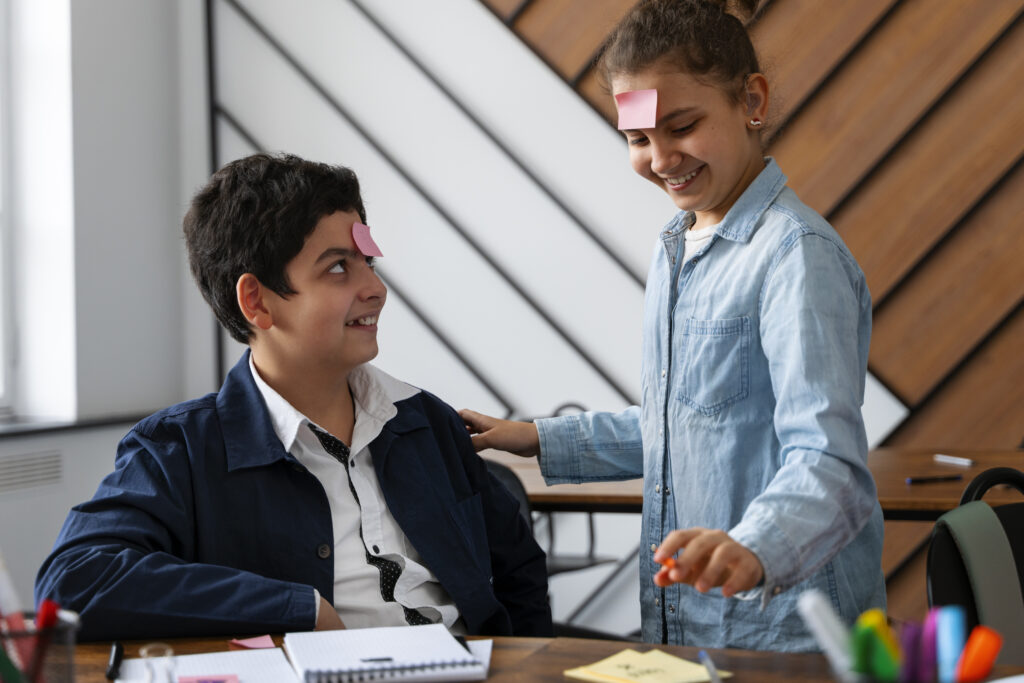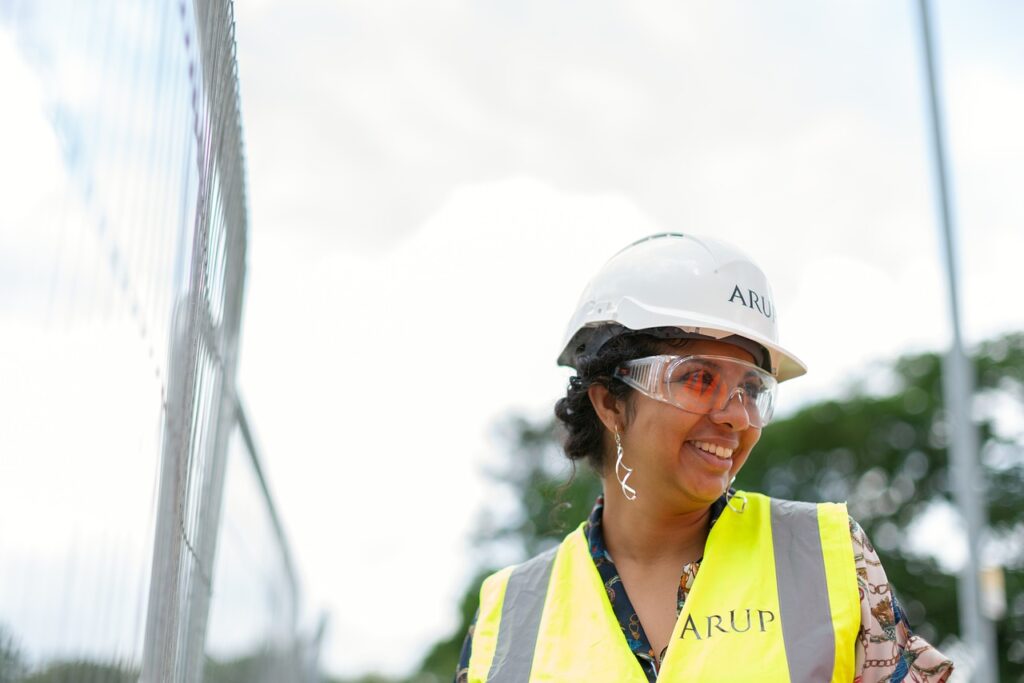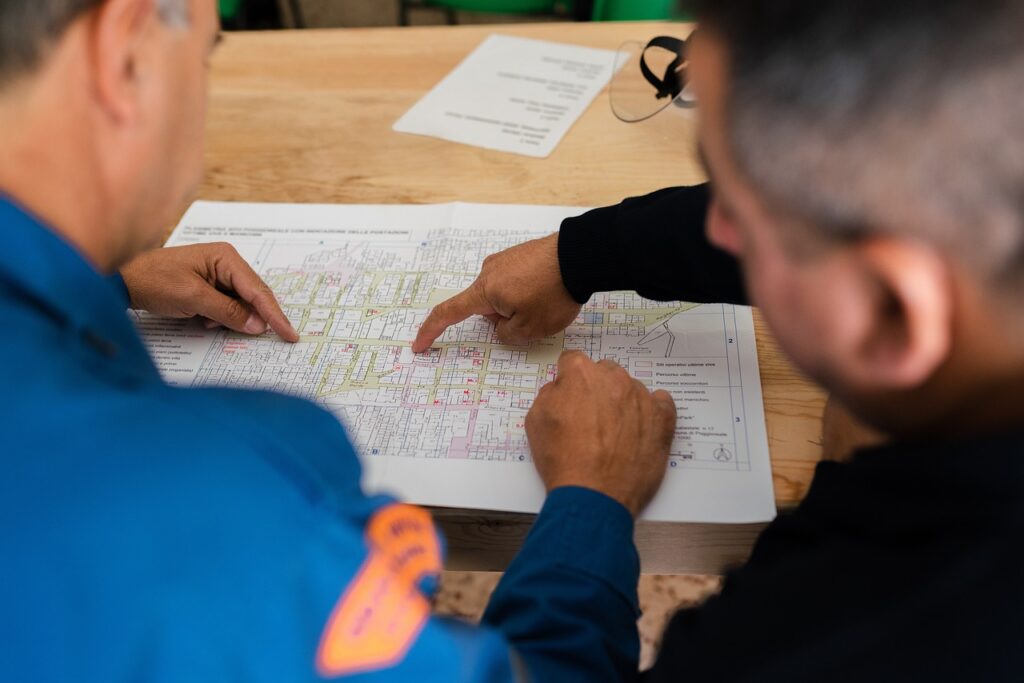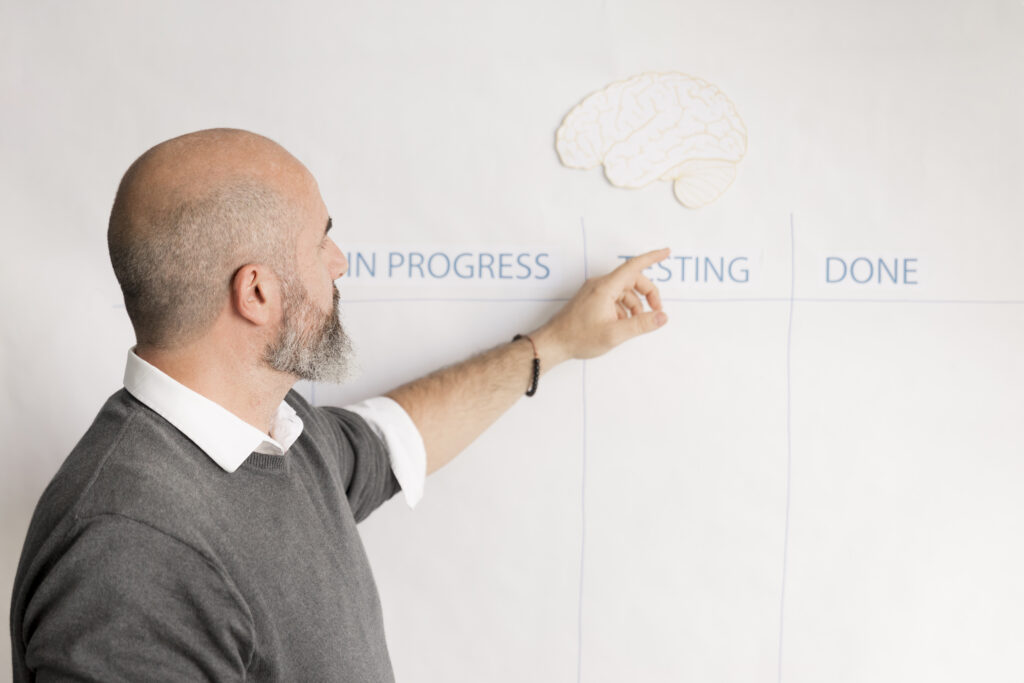Introduction
High school is a time when students start thinking about their future, so setting long-term goals can make a big difference. Whether it’s about education, career, or personal growth, having clear goals helps students stay focused and motivated. In this post, we’ll explore why long-term goals matter and how students can start setting them today.
The Importance of Long-Term Goals for High School Students
Long-term goals are like a roadmap for your future. They help you know where you’re going and what you need to do to get there. Without goals, it’s easy to feel lost or unsure about what’s next. Setting goals in high school helps you plan ahead, and gives you something to work towards. Whether it’s getting into college or starting a career, having clear goals helps guide your choices and actions.

Academic Goals for High School Students
Setting educational goals in high school is essential for academic success and personal growth. By focusing on specific, achievable targets, students can stay motivated, improve their skills, and better prepare for future challenges, whether it’s college or their career. Here are five effective education goals every high school student should consider.
1. Improve Your GPA Each Semester
One of the most important goals for high school students is to consistently improve your GPA. A higher GPA opens doors for scholarships, college admissions, and future opportunities. Focus on studying regularly, staying organized, and asking for help when needed. By setting a goal to raise your GPA every semester, you’ll stay motivated and see steady progress.

2. Get Ready for College Entrance Exams
Preparing for college entrance exams like the SAT or ACT is crucial for your future. Setting a goal to dedicate time each week for test prep can help you feel more confident. Whether it’s taking practice tests or reviewing key subjects, this goal will ensure you’re well-prepared for the challenges ahead and increase your chances of getting into your dream school.

3. Master Time Management Skills
High school can be busy with assignments, extracurricular activities, and social events. A great educational goal is to improve your time management skills. Setting up a schedule or using a planner will help you stay on top of tasks, reduce stress, and make time for both studying and personal activities. This skill will not only help you in high school but also in college and your future career.

4. Develop Strong Study Habits
Setting a goal to develop consistent study habits can make a huge difference in your academic performance. This might include setting aside specific times to study each day, breaking down big assignments into smaller tasks, or using study methods that work best for you (like flashcards or group study). Building strong study habits will help you feel more in control of your learning and reduce last-minute cramming.

5. Participate in Academic Challenges and Competitions
Engaging in academic challenges, like science fairs, math competitions, or writing contests, can boost your learning experience. Set a goal to participate in at least one academic competition each year. Not only will this make learning more fun, but it can also enhance your college applications and give you a sense of accomplishment.

Setting Career Goals for High School Students
Setting career goals in high school is a crucial step toward building a successful future. Whether you’re unsure of your path or have a clear vision, it’s important to start exploring different career options early. By setting specific career goals, you can gain valuable experience, develop essential skills, and start building connections that will help you in the long run. Here are five effective career goals that every high school student should consider to pave the way for future success.
1. Explore Different Career Options
One of the first career goals for high school students is to explore different career paths. You might not know exactly what you want to do yet, and that’s okay! Set a goal to research various careers, shadow professionals, or talk to people in fields that interest you. This will help you understand your options and get a clearer picture of what might be a good fit for you.

2. Gain Real-World Experience Through Internships
Gaining hands-on experience is a great way to get a feel for different careers. Set a goal to participate in an internship, volunteer position, or part-time job. This experience will not only boost your resume but also help you develop valuable skills, build your network, and gain insights into what certain jobs really entail.

3. Build a Strong Resume
A strong resume is essential for landing internships, jobs, or college opportunities. Set a goal to start building your resume by taking part in extracurricular activities, volunteering, or getting involved in school clubs. Even small achievements can help demonstrate your skills and interests, making you more attractive to future employers or college admissions teams.

4. Develop Important Job Skills
Certain skills are valuable no matter what career you choose. Set a goal to develop key job skills like communication, teamwork, time management, and problem-solving. These skills will help you succeed in any career field and can be developed through school projects, volunteer work, or after-school jobs.

5. Network with Professionals and Mentors
Networking is an essential part of career success. Set a goal to connect with professionals or mentors who can guide you as you explore different career options. Attend career fairs, reach out to family friends, or ask teachers for recommendations. Building a professional network early can provide you with helpful advice, job opportunities, and support as you work toward your career goals.

Preparing High School Students for Independent Living: Key Goals
As you get older, you’ll need to learn how to take care of yourself. Independent living goals help you prepare for life beyond school. These might include learning how to budget your money, cook your meals, manage your time, or take care of your health. When you set these goals early on, it’s easier to transition into adulthood. You’ll be more confident and ready to live on your own when the time comes. Independent living goals help high school students prepare for adulthood by developing essential life skills for a successful future.
1. Learn to Manage Personal Finances
Understanding how to manage money is a key life skill. Set a goal to learn basic budgeting, saving, and understanding your expenses. Whether it’s creating a simple budget or tracking spending, these habits will help you stay on top of your finances as you grow older.

2. Master Basic Cooking and Meal Prep
Learning how to cook basic meals is an important independent living skill. Set a goal to cook one new meal each week. Not only will this save you money, but it will also ensure you’re eating healthier and become more self-sufficient when you’re living on your own.

3. Learn How to Do Laundry
Knowing how to do laundry is a simple but vital skill for independent living. Set a goal to learn how to wash, dry, and fold clothes properly. This goal may seem small, but it will make a big difference when you move out and start managing your own household chores.

4. Build Good Communication and Problem-Solving Skills
Being able to communicate effectively and solve problems independently are essential skills for adulthood. Set a goal to practice clear communication, whether it’s with family, friends, or teachers. Additionally, work on solving problems on your own or by seeking advice, as this will help you handle challenges in your personal and professional life.

Boost Your Success: A Simple Guide to SMART Goals
Unlocking Success: 20 Effective Team Goal Setting Activities
How can high school students achieve their long-term goals?
1. Set Clear, Achievable Goals
- Break down long-term goals into smaller, manageable steps. This gives you a clear roadmap and helps you avoid feeling overwhelmed. Use the SMART framework: make your goals Specific, Measurable, Achievable, Relevant, and Time-bound.

2. Create a Routine & Stay Consistent
- Build a daily or weekly schedule that includes study time, breaks, and other important activities. Consistency is key—having a routine helps establish good habits, reduces procrastination, and keeps you focused on your objectives.

3. Stay Organized
- Use tools like calendars, planners, or digital apps to organize tasks, deadlines, and assignments. Keeping your materials organized ensures you don’t miss important deadlines and can track your progress.

4. Practice Self-Discipline & Manage Distractions
- Develop the ability to resist distractions and stay focused. Create a quiet study environment, limit phone or social media use, and use techniques like the Pomodoro method (study for 25 minutes, then take a 5-minute break).

5. Seek Help & Stay Open to Feedback
- Don’t hesitate to ask for help when needed, whether from teachers, peers, or tutors. Feedback is a valuable tool for improvement. Being open to criticism and suggestions helps you grow and refine your approach to challenges.

These strategies can empower students to stay focused, organized, and motivated as they work toward their academic and personal goals.
Teachers’ Strategies to Support Students with Long-Term Goals
Supporting students in achieving their long-term goals requires more than just teaching academic content. It involves guiding them, providing encouragement, and creating an environment where they can thrive. By using targeted strategies, teachers can help students stay focused, motivated, and equipped to reach their aspirations. Here are six effective strategies teachers can implement to support their students in the pursuit of long-term success.
1. Provide Clear Guidance and Goal Setting
- Help students set realistic, achievable long-term goals by breaking them down into smaller, manageable tasks. Teach them how to track their progress and celebrate small wins along the way.

2. Create a Positive, Supportive Learning Environment
- Foster an atmosphere of encouragement and respect where students feel comfortable making mistakes and learning from them. This boosts their confidence and motivates them to keep working toward their goals.

3. Offer Regular Feedback and Constructive Criticism
- Provide timely, specific feedback on students’ progress. This helps them understand where they need to improve and reinforces positive behaviors that support their long-term aspirations.

4. Incorporate Growth Mindset Practices
- Encourage students to adopt a growth mindset by praising effort rather than just results. Teach them that challenges and setbacks are part of the learning process and can be opportunities for growth.

5. Foster Self-Reflection and Self-Assessment
- Give students time to reflect on their learning and progress. Self-assessment helps them take ownership of their goals and identify areas where they need to improve or adjust their strategies.

6. Provide Resources and Opportunities for Enrichment
- Offer access to resources like additional reading materials, extracurricular activities, or mentorship opportunities. These enrich students’ learning experiences and can help them develop the skills and knowledge needed to reach their long-term goals.

These strategies help create an environment where students feel empowered, supported, and motivated to work toward their long-term goals.
Achieving Long-Term Goals with the ISHCMC IB Programme
The ISHCMC IB Programme is a great example of how students can set and achieve their long-term goals. The International Baccalaureate (IB) Program focuses on developing critical thinking skills, making students more ready for university and the world of work. It challenges students to think globally, solve problems creatively, and work independently. Through the IB Programme, students develop the skills and mindset they need to achieve their educational and career goals, as well as their personal growth.
How Does it work?
The ISHCMC IB (International Baccalaureate) Programme works by offering a structured, well-rounded education that helps students grow academically, personally, and socially. Here’s how it works in simple terms:
1. Structured Curriculum
The IB Programme is divided into different levels (Primary Years Programme, Middle Years Programme, and Diploma Programme) depending on the student’s age. Each level offers a balanced curriculum that focuses on a wide range of subjects, from languages and sciences to the arts and social studies. This broad approach encourages students to become well-rounded individuals with knowledge in multiple areas.

2. Emphasis on Inquiry and Critical Thinking
Rather than just memorizing facts, students in the IB Programme are encouraged to ask questions, think critically, and explore different perspectives. This inquiry-based learning helps students develop problem-solving skills that are essential for long-term success.

3. Personalized Learning Goals
Students are encouraged to set their own academic and personal goals. Teachers help them break these down into smaller, achievable steps. This process helps students understand their strengths and areas for growth, making their long-term goals more attainable.

4. Focus on International Mindedness
The IB Programme emphasizes global awareness and cultural understanding. Students learn about different cultures, social issues, and global challenges, which prepares them to be active, responsible citizens in a global community.

5. Assessment Through Projects and Exams
Students are assessed in multiple ways, including exams, projects, presentations, and research. This variety of assessments helps them demonstrate their learning and build skills like time management, collaboration, and public speaking.

6. Support for Personal Growth
The IB Programme at ISHCMC doesn’t just focus on academic achievement—it also supports personal development. Students participate in activities like community service, physical fitness, and creative arts, which help them grow as individuals and develop a strong sense of responsibility.
In short, the ISHCMC IB Programme works by offering a balanced education that challenges students to think critically, set goals, and grow both academically and personally, all while preparing them for future success in college and beyond.

Conclusion
Setting long-term goals in high school is an important step toward building the future you want. It gives you a sense of direction and helps you stay focused on what matters. Whether your goals are about school, your career, or learning to live independently, they all play a role in shaping your future. Start thinking about your goals today, and take small steps to make them happen. The more you plan, the more likely you are to succeed!
If you’re looking to dive deeper into goal setting, I have two other articles you might find useful. One is all about SMART goals, a method that helps you set clear and achievable goals by making them Specific, Measurable, Achievable, Relevant, and Time-bound. It’s a great way to make sure you’re setting goals that are both realistic and motivating. The other article focuses on team goal-setting activities, which can be really helpful if you’re working with others and want to make sure everyone is on the same page. Whether you’re setting personal goals or working as part of a team, these strategies can give you the tools to succeed. Be sure to check them out!
